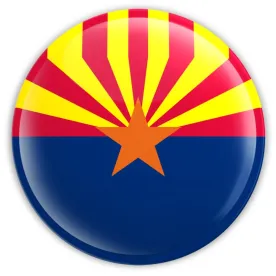On December 18, the Arizona Attorney General issued an opinion on earned wage access (EWA), which determined that fully non-recourse EWA products do not constitute consumer loans subject to consumer loan regulations, and correspondingly, that providers of non-recourse EWA products would not be considered consumer lenders subject to licensure under Arizona law. The opinion found that an EWA product could be identified as fully non-recourse when the provider:
-
obtains no legal or contractual right to repayment against the employee;
-
does not engage in any debt collection activities with regard to any unpaid balance;
-
does not sell or assign any unpaid balance to a third party;
-
does not report non-payment to any consumer credit reporting agency; and
-
does not impose a “finance charge” as defined under applicable state law.
The opinion, which looked to Black Law Dictionary’s definition of a “loan,” concludes that non-recourse EWA products would be outside of the definition, and could be more adequately characterized as an acceleration of funds already earned. The opinion also pointed out that certain ancillary fees charged or revenues received by an EWA provider as part of providing an EWA product would not necessarily convert it to a loan subject to consumer loan regulations.
Putting it into Practice: As we’ve previously reported, EWA treatment has been a trending topic to date, with the Treasury Department and the CFPB issuing various iterations of guidance (see blog posts here, here, and here). The opinion is the first public opinion given by a state attorney general, but follows guidance from the CFPB, and further develops the broadening conversation happening around EWA’s interplay with consumer finance laws. Although its applicability only spans within state borders, the general analysis may be instructive to courts and regulators in other states, many of which have consumer laws similar to those of Arizona. When considering becoming an EWA provider or expanding EWA services, providers should be aware of the considerations that differentiate non-recourse EWA products from recourse EWA products, as well as the applicable state and federal laws and regulations.





 />i
/>i

